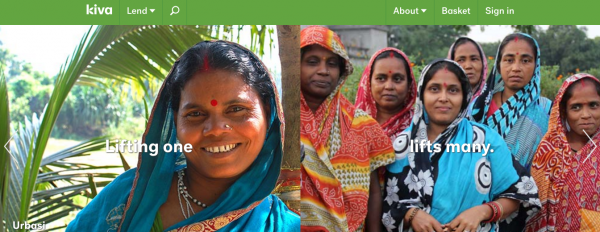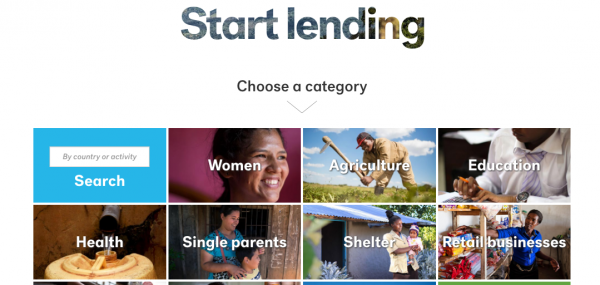
Results of a Project Meant to Help Women
Our recently completed research project analyzed data collected as part of the Chronic Poverty and Long Term Impact Study in Bangladesh. Various development initiatives over a 10 year period were examined in this study, which used panel surveys, life-history interviews, and focus groups to learn how programs have influenced family decision making and the control of resources by various household members. Our research focuses specifically on women’s participation in the “fishpond program,” an economic development project implemented in the Jessore District of Bangladesh.
The fishpond program aimed to improve economic wellbeing and nutritional standards for women and their families, and at the same time hoped to empower women and improve their social status. Women in a dozen different villages were offered both technical training and credit to help them develop group fishponds using innovative techniques. The female recipients were selected by a non-governmental organization based on economic need.
As the program unfolded, it was evaluated by researchers who interviewed husbands and wives shortly after the project was launched and again ten years later. Of course the researchers wanted to see if the fishponds improved the economic and nutritional status of families, but in addition they probed how the new economic activities of women grantees influenced their social status. Would their marriages improve as a result of the program? Would the women report less domestic violence? Would women come to own a greater share of the marital property after they became more important economic providers? Would both spouses report that women were more equal partners in their marriage?The simple answer to the key questions about women’s social status is “no,” it did not visibly improve. In fact, women who participated in the fishpond program actually reported that they ended up with less power in their families – at least as measured by the gap in resources owned by the women compared to men in the same households. There were exceptions. Households that had more equitable relations between men and women before the fishpond program did not experience an increase in male dominance as a result of wives’ participation in the development initiative. Households that were more equitable at the start remained so, while households that entered the fishpond program with higher levels of male-dominance saw a further increase in that male dominance. Not only did the fishpond program fail to change the gender balance of resource ownership; it also had little to no effect on the nutritional status of participating households.
Why Gender Inequalities Are Hard to Change
As feminists, we fully share the fishpond program’s aspiration to empower women, but our research suggests that economic interventions alone are insufficient to achieve this goal. We should have anticipated this result, because both of us study gender inequality and one of us (Risman) has done theoretical work illuminating the many ways that gender inequalities are reinforced in all social activities. Gender identities are so socially salient that children are socialized into masculine and feminine selves from birth. By the time they marry, young people have developed a strong sense of what it means to be a good wife or a good husband. In most countries, men learn that being a good husband entails dominance, while women learn that being a good wife requires deference to the “man of the house.” Such dynamics were especially true in our research on Bangladeshi villages. In our data, nearly a quarter of the women reported that their husbands beat them at least occasionally.
Furthermore, gender is more than a set of socially taught personality traits. Widely accepted stereotypes and cultural expectations provide scripts for what it means to be a good wife or a good husband and to act appropriately as a man or woman. Even if women entrepreneurs develop new and more directive personal styles, they are still expected to act like good wives, or else face disapproval from family members. In addition, gender is also culturally embedded in larger belief systems and in widespread cultural practices that establish men’s power and control over resources. In sum, gender inequalities are rooted in complex social systems. Relations between men and women are grounded in the identities boys and girls learn from birth, expectations about how people should interact with one another, and the official rules and cultural norms governing who has control over resources and decision making in every major social institution.Our research on the fishpond program reveals that if nongovernmental organizations want to empower women in the developing world and improve their overall social status, projects will have to take the realities of socially embedded gender relations far more seriously. There are no magic bullets or easy quick fixes. A project cannot just offer modest new economic resources or opportunities to women and hope thereby to change gender power relations. Women are embedded in marriages where the men may have the acknowledged right to assume control over whatever extra resources come into the household, spending them as they see fit. What is more, husbands may very well resent any gains in economic independence by their wives – and thus redouble their efforts to maintain overall control in the household and marriage.
Does this mean that funding agencies and reformers in developing countries should ignore women’s economic status? Of course not, but to be effective they need to pay attention to gender identities, marital expectations, and the cultural logics and rules that inhibit women’s full participation in society. Attempts to empower women cannot take shortcuts. Gender equality has to be front and center in any development project. Economic development efforts must be deliberately designed to counter gender inequalities, taking into account the myriad ways those inequalities are produced and reinforced in each social setting and culture.

 Research to Improve Policy: The Scholars Strategy Network seeks to improve public policy and strengthen democracy by organizing scholars working in America's colleges and universities. SSN's founding director is Theda Skocpol, Victor S. Thomas Professor of Government and Sociology at Harvard University.
Research to Improve Policy: The Scholars Strategy Network seeks to improve public policy and strengthen democracy by organizing scholars working in America's colleges and universities. SSN's founding director is Theda Skocpol, Victor S. Thomas Professor of Government and Sociology at Harvard University.